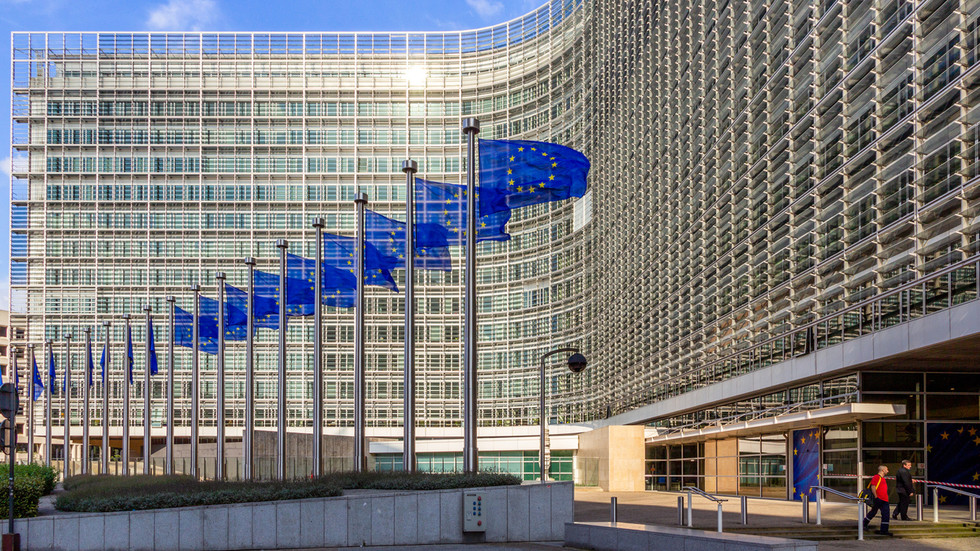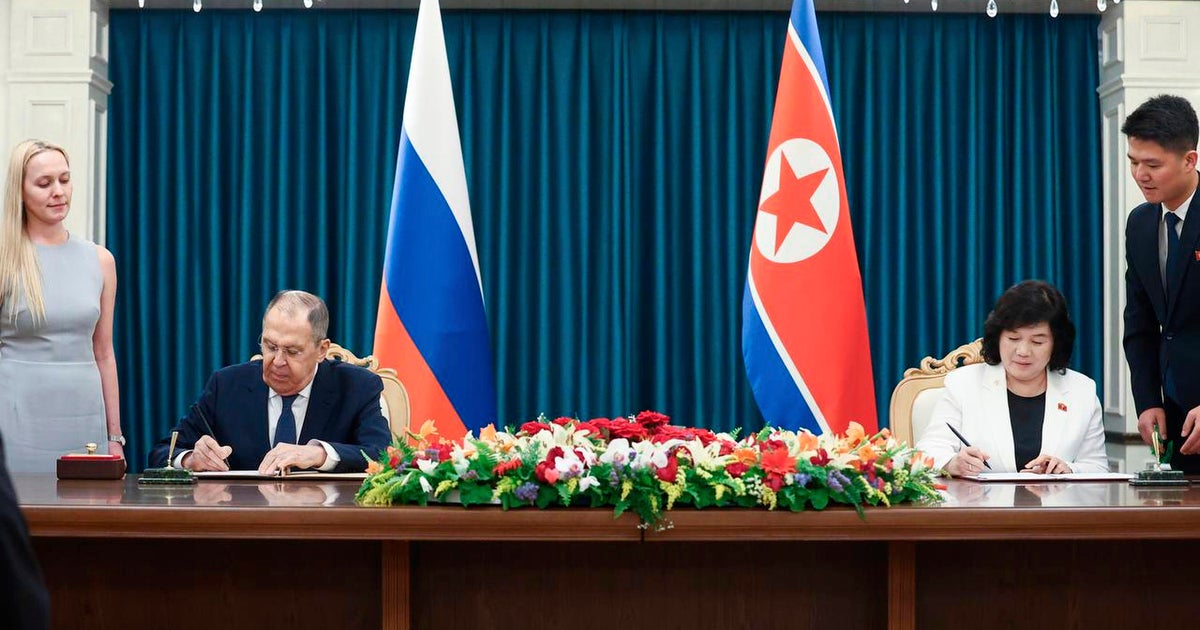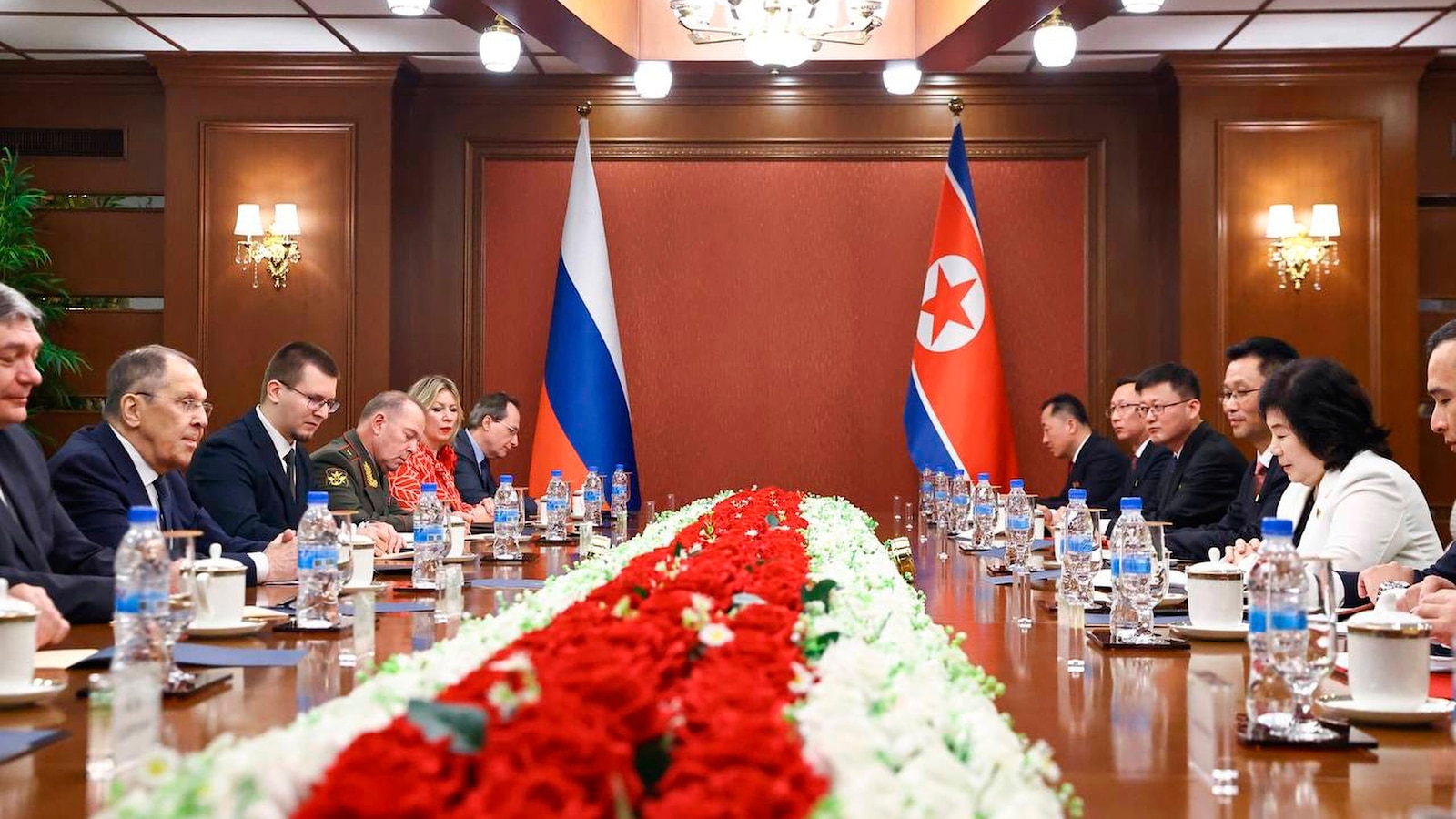World·New
In the suburbs of Paris, the "Pink Vests" try to calm the often-tense relations between youths and the police, an issue that erupted two years ago when a 17-year-old was killed by city police, touching off France's biggest riots in 20 years.
'Pink Vests' try to quell youth violence and ease interactions with police
Kyle G. Brown · for CBC News
· Posted: Jul 12, 2025 4:00 AM EDT | Last Updated: 6 minutes ago
In the sprawling suburbs of Corbeil-Essonnes south of Paris, kids aged 10 to 13 years old are playing what seems to be an every-man-for-himself game of soccer in a town square. Two boys chasing the ball collide, causing one to twist his ankle and fall onto the pavement.
Watching the kids play are members of the Gilets Roses, or "Pink Vests," a group of mothers who since 2018 have patrolled the streets and tried to steer young people away from the tit-for-tat violence that has afflicted Paris, nearby towns and suburbs like this.
"We try to talk to them now, because the violence begins very, very young," said Fatimata Sy, who heads up the group, as a volunteer in her late 60s picked up the boy and carries him to a bench.
"We don't want them to fall into the trap."
The Gilets Roses also try to calm the often tense relations between youths and the police, an issue that returned to the fore two years ago when a 17-year-old was killed by police on the other side of Paris, triggering the country's biggest riots in 20 years.
The mothers simply walk the streets and see what help young people may need, from coping with school, to getting employment advice and access to social services. They advise people on overcoming obstacles that come with having a criminal record. And increasingly, they're dealing with fights that start with petty rivalries but quickly turn bloody.

"We're on high alert, and it's not just here, but across the country," said Sy. "Young people are fighting and even killing each other. Parents are desperate."
Youth violence has grabbed the headlines in recent months, from a 17-year-old stabbed to death in a fight between feuding Paris neighbourhoods, to a 14-year-old who was stabbed for his mobile phone by two older teens.
"As a parent, it rips my heart out to see a child so young pass away like that," said Sy. "Us mothers, we're everywhere: we'll comfort parents who have lost their child, and we will go to see the person who killed him."
Attacks and counter-attacks
It was a spate of attacks and counter-attacks that led to the creation of the Gilets Roses, which is just one of a host of parents' groups to have sprung up around the country in recent years. Although the overall rate of youth delinquency has fallen — from more than 630,000 cases in 2014 to just over 515,000 in 2023, a drop of more than 18 per cent — crimes of extreme violence like homicide have held steady.
Aoua Diabaté set up the Hismaël Diabley Junior Association in honour of her son, who at 15 was stabbed to death in a brawl involving more than two dozen teens near the Bastille in 2018.
Since then, she has been running neighbourhood patrols and events with bereaved mothers, and working to build links with young people and reconcile rivals. In 2022, they did a trial run of patrols with police, which turned out to be short-lived.
"The police wouldn't accompany us on the patrols past 4 p.m.," she said. "But the kids head out after school after 5 or 6 p.m. So it came to nothing, but we're going to try again."

'Sometimes they're violent'
For their part, the police — who did not reply to repeated requests for an interview — carry out patrols of their own, which sometimes add to tensions rather than resolving them.
"The cops are always here," said Gilane, 16, of Corbeil-Essonnes. "They'll stop and frisk us, and sometimes they're violent. Then they're surprised when we get angry and it all leads to more violence."
A report released in April by the Rights Defender, France's main human rights organization, denounced excessive police checks and racial profiling in Paris neighbourhoods, as well as the removal of people considered "undesirables" from some of them.
Paris police Chief Laurent Nuñez called the report unbalanced and "defamatory," and said police are under pressure as they face youths that are "more and more violent."
Working-class areas like this erupted around the country when 17-year-old Nahel Merzouk was shot dead at point-blank range by a police officer as he tried to drive away on June 27, 2023. The release of a video contradicting police claims that they shot in self-defence led to massive riots. The officer was charged with murder in May.

Simmering tensions
Tensions have long simmered between police and youths in low-income areas with high immigrant populations like Nanterre, where Merzouk was killed, and Corbeil-Essonnes.
"The government has been in denial of the real social causes of the problems in working-class neighbourhoods," said Michel Kokoreff, professor of sociology at the University of Paris 8 and author of the book Emeute, about those riots and a number of other uprisings among marginalized French youths over the years.
"On the one hand, we have policies that are completely out of touch, disconnected from reality. On the other, are local initiatives that remain invisible, inaudible, and lacking national resonance."
Although the government launched the Gilets Roses fund in honour of Sy's group and to support hundreds of local associations, the program stopped less than three years later. Some groups have since disbanded, while others struggle to maintain a presence on the streets, due to a lack of volunteers.
For members of President Emmanuel Macron's governing party and their conservative allies, however, it's the "negligent" parents who are to blame for youth crime. MP and former prime minister Gabriel Attal introduced a bill "to make parents of young offenders, who have completely shirked their parental responsibilities, more responsible."
Parents whose negligence is found to have contributed to their child's crimes can be jailed for up to three years (up from two), fined up to €45,000 ($72,182 Cdn) and held responsible for financial damages. Fines for those failing to attend court hearings have been doubled to €7500 ($12,030 Cdn).
Some measures, like lowering the age at which young offenders can be tried as adults for certain offences, from 18 to 16 years old, were struck down by France's constitutional court.
The new law, though, could hit lower-income families particularly hard.
"These are often single-parent families, families that are already struggling," said Sy.
"Instead of rushing to impose more discipline and punishment on young people, we should take these young people in hand and give them a second chance."
The youths who rioted in hundreds of towns and cities in 2023 felt Merzouk never had a chance.
"We saw ourselves in him, a young guy from the hood," said a 16-year-old calling himself "DRS," who admits to taking part because of his anger with repeated stop-and-searches, and what he calls police hostility.
"We set things on fire, and finally we made ourselves heard."

ABOUT THE AUTHOR
Kyle G. Brown is a freelance journalist based in Paris. Specializing in development and human rights issues, he has reported from Latin America, Europe and Africa for the CBC, BBC, the Guardian, the Toronto Star and other outlets.

 3 hours ago
3
3 hours ago
3









